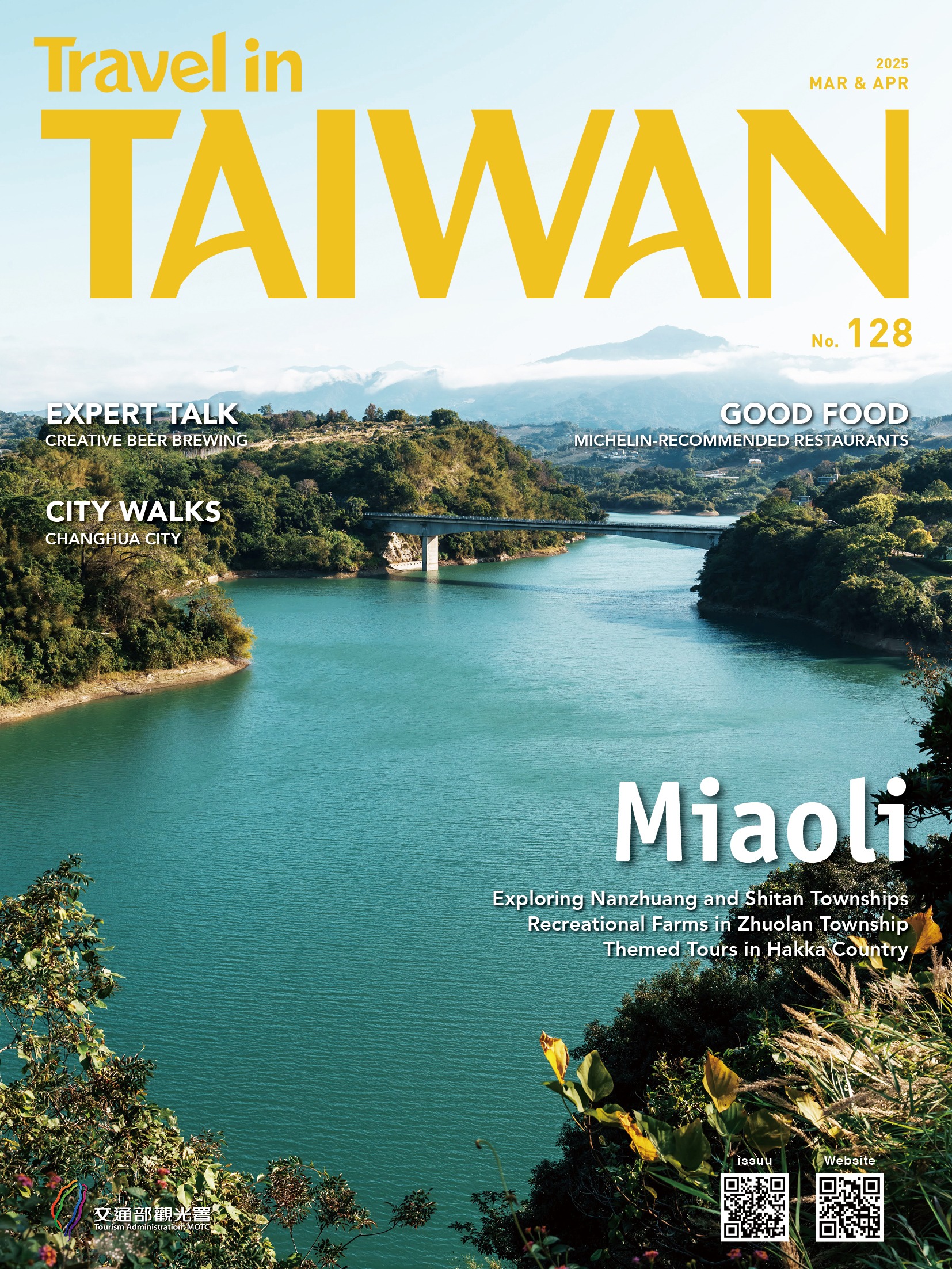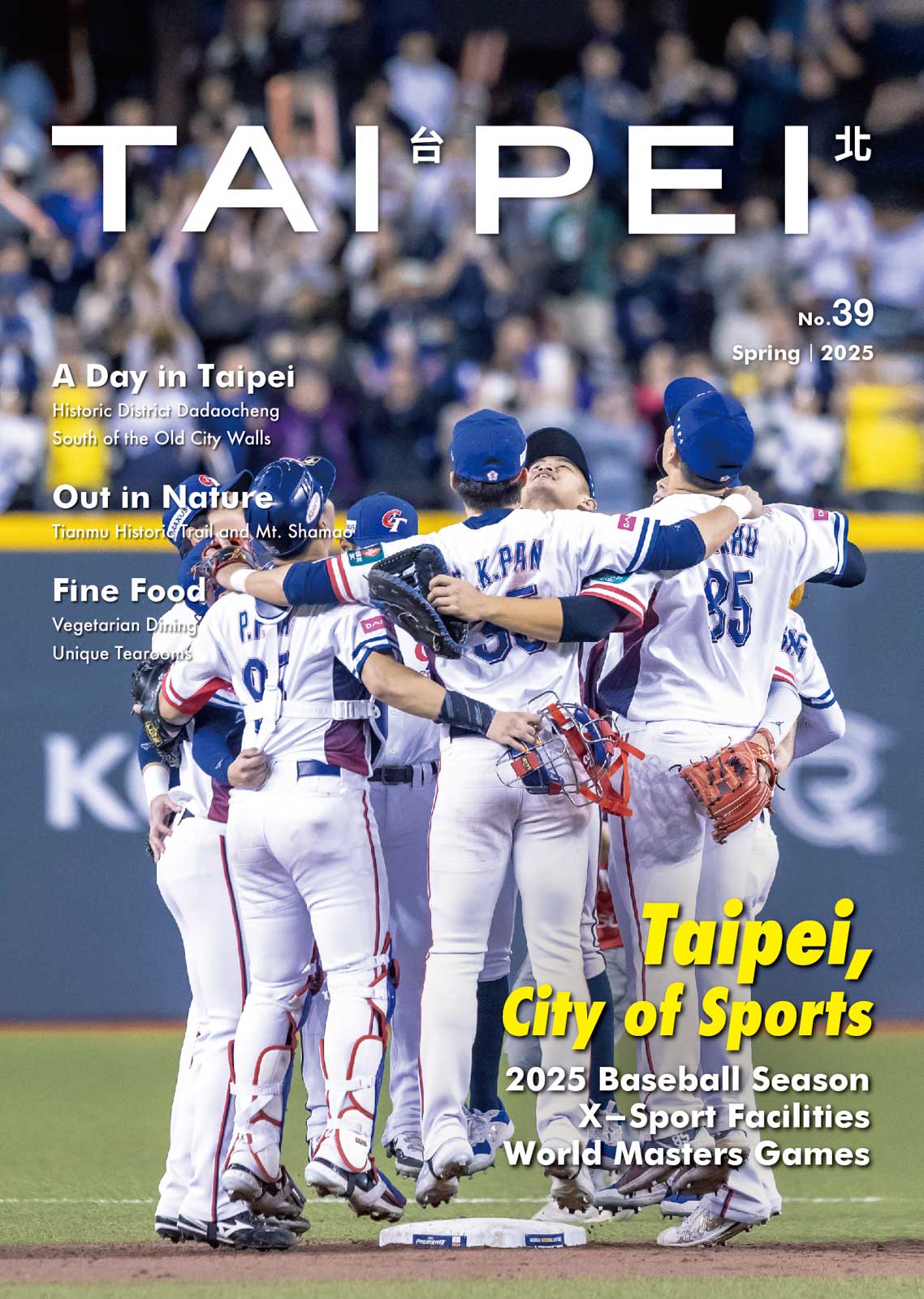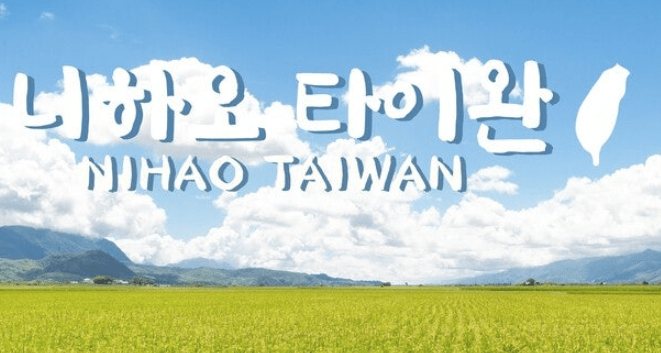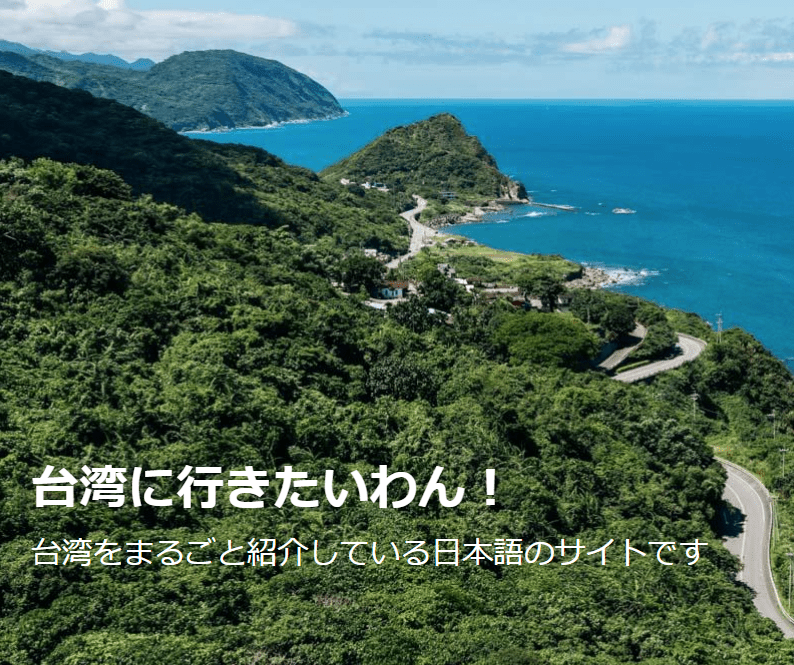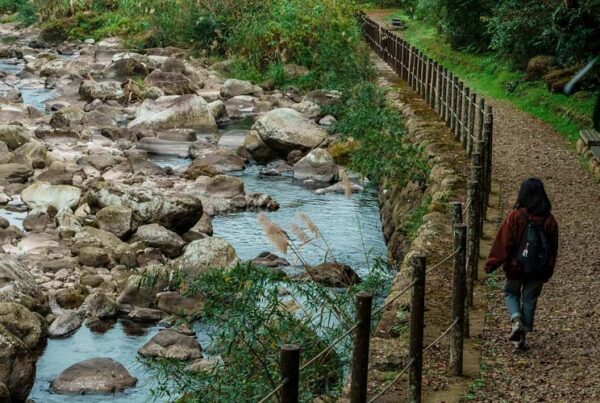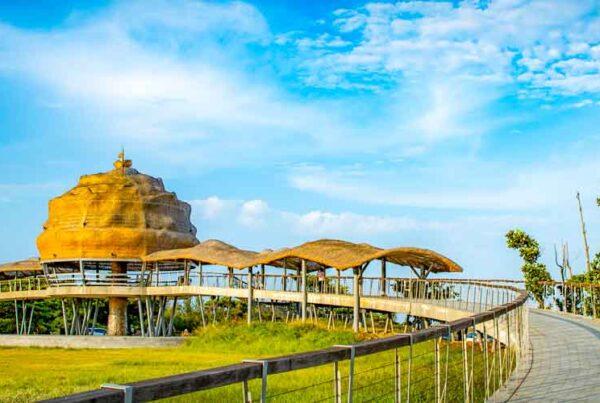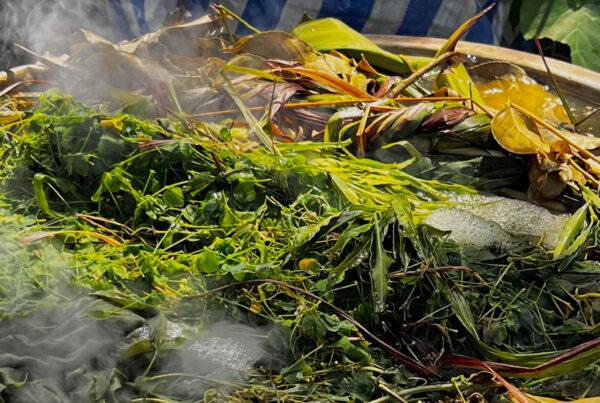Farm Visits, Tea Plantations, Bicycle Rides
TEXT / JOE HENLEY
PHOTOS / CHEN CHENG-KUO
Taiwan’s East Rift Valley – the Emerald Paradise. Extending from Hualien City in the north to Taitung City in the south, this valley is a place of pristine rivers and flat, fertile farmland where fields of rice, beans, and rapeseed transform the flatland vista into a rich tapestry of color.
Ruisui and Yuli, two neighboring townships around the belt line of the East Rift Valley, are worlds apart from Taiwan’s urban centers along the north and west coasts of the island. Here the pace is slow and the sound volumes are low. By day the sun beams down on the valley floor, and by night this rural region is covered by a blanket of twinkling stars.
Experiencing the joys of nature and the outdoors, it’s no surprise, is the top attraction here. Visitors are drawn to the rafting excursions through the whitecap waters of the Xiuguluan River, cycling trips along the various routes criss-crossing the lowlands, forays to local dairy farms and rice fields nestled up against the mountain ranges that flank the valley, and relaxing baths in hot-spring resorts.
Ruisui
A low-key introduction to the valley way of life can be found at Rareseed Ranch (also known as Ruisui Ranch and Ruisui Pasture), a 10-min. drive south of the center of Ruisui town, off Provincial Highway 9. Established in 1969 as a papaya plantation, today the ranch is operated as a dairy farm, home to some 300 head of Holstein Friesian cattle – and a lone ostrich left to roam its own private pasture.


The ranch sits by the nourishing waters of the Xiuguluan River near the point where the river enters and slices through the Coastal Mountain Range, the herd spending its days alternating between grazing and providing milk that goes into the making of ice-cream, cheese, nougat, custard, and bread products sold on-site, though much of the farm’s dairy output is distributed throughout the island by a major food conglomerate.
On average, it’s said, each cow at the farm can produce about 20 liters of milk each day. Visitors to the farm are encouraged to feed the cows that wander to the pasture edge, nudging up against the fence to ask guests for a handful of grass. The jade-hue carpet of the pasture is kept to the consistency of a golf course fairway by these gentle beasts. It’s a beautiful, relaxing setting in which you get to witness how some of the people of Ruisui quite literally put food on the table.

Rareseed Ranch (瑞穗牧場)
Add: No. 157, Borough 6, Wuhe Village, Ruisui Township, Hualien County
(花蓮縣瑞穗鄉舞鶴村6鄰157號)
Tel: (03) 887-6611
Hours: 8am ~ 6pm; free admission
A short drive south from Rareseed Ranch is the Ji Lin Tea Plantation, accessed via a small road off Highway 9. This operation has been run by the Peng family for four generations. During the Japanese colonial era, the fifty years prior to the end of WWII, one of the things the Ruisui region was known for was coffee plantations. Local farmers later turned to tea cultivation and other crops when Taiwan’s coffee exports became economically noncompetitive in the international market.

Today, the specialty of Ji Lin and other farms in the area is a variety of black tea known for its notes of honey. The sweetness of the leaves derives from some “outside help.” When leafhoppers feed on the plant the leaves stop growing, causing a certain dulcet flavor extant at that early stage, which would otherwise disappear with age, to be locked inside.

Visitors to Ji Lin can take part in tastings of the local varieties, including a special tea known as White Tea, a type unknown even to many Taiwanese tea connoisseurs. All of the products cultivated here, from the tea leaves to two varieties of coffee still grown, plucked, and roasted on-site, are 100% organic.

There are DIY activities to be enjoyed as well. At the farm’s café, located right by the highway, visitors can learn how to make a type of Hakka-style tea wherein black tea leaves are stuffed inside a hollowed-out lemon, pomelo, or passion fruit. The filled fruit is bound in twine and then sent through a multi-step process of steaming and baking that leaves the fruit shell hardened and preserved. The leaves are locked within, and the only way to free them is by smashing the container with a hammer. What comes out are leaves infused with the sweet and sour notes of the fruit.




Also on offer at Ji Lin is a class on how to make the pearls (tapioca-starch balls) that go into pearl milk tea, or boba tea, as it is commonly known outside Taiwan. All classes require a reservation. Instructions in English are available for each. Otherwise, the farm is open seven days a week, and guests are encouraged to simply drop in.
Ji Lin Tea Plantation (吉林茶園)
Add: No. 169, Jianana 2nd Rd., Neighborhood 7, Wuhe Village, Ruisui Township, Hualien County
(花蓮縣瑞穗鄉舞鶴村七鄰迦納納二路169號)
Tel: (03) 887-1463
Website: www.jilin.com.tw (Chinese)
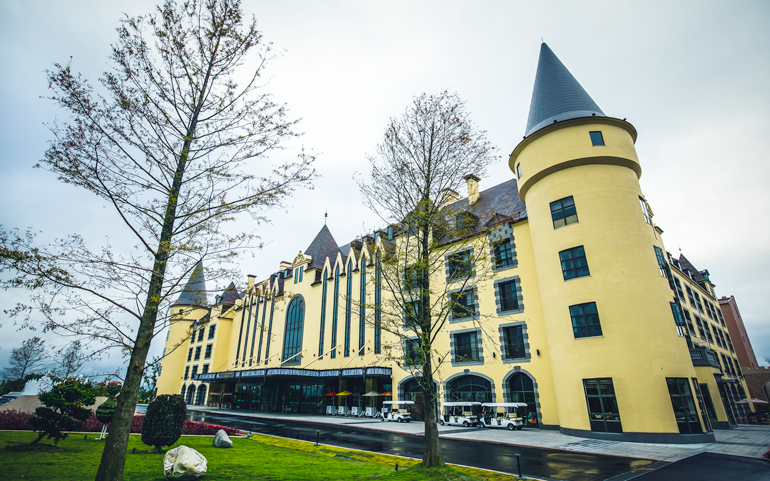
Hotel in the Area
GRAND COSMOS RESORT RUISUI, HUALIEN
(瑞穗春天國際觀光酒店)
Add: No. 368, Sec. 2, Wenquan Rd., Ruisui Township, Hualien County
(花蓮縣瑞穗鄉溫泉路二段368號)
Tel: (03) 887-6000
Website: www.grandcosmos.com.tw
Find out more about the hotel here: Grand Cosmos Resort Ruisui, Hualien
Yuli
From Ruisui it’s a short drive south on Provincial Highway 9 or County Road 193 to Yuli Township. The latter is favored by seasoned cyclists doing round-the-island or just East Rift Valley rides who prefer to take a more scenic and quieter road. It also offers more shade, thanks to the many roadside trees. In addition, the road has numerous vantage points from which you can take in the marvelous scenery of bright green and yellow fields and the majestic views of the central mountains on the opposite side of the valley.

Shortly before reaching the Yuli Bridge, which traverses the Xiuguluan River and connects to Highway 9 and central Yuli, you come to the Dongfeng Leisure Agricultural Area, a multipurpose farm where visitors can try their hand at such fun as making scones and brewing wheat beer using ingredients grown on the farm’s fields. Creating the small-sized scones, made with eggs, butter, and flour from the area, takes about an hour under the staff’s expert tutelage, and making the beer, a crisp, pleasing wheat ale, takes around three.
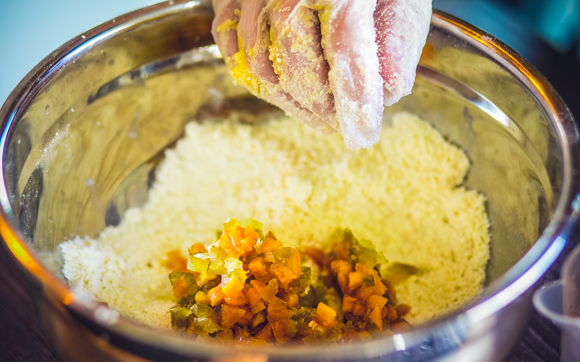
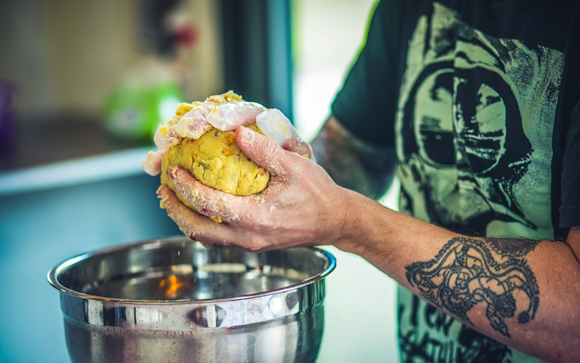
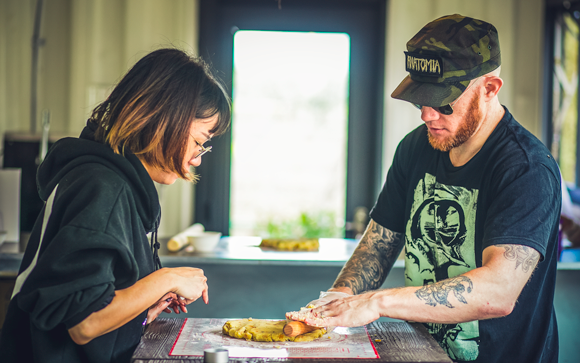
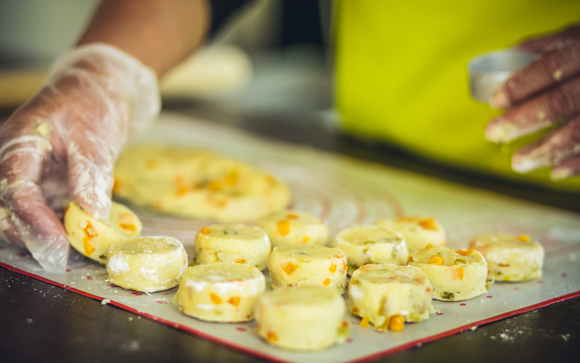
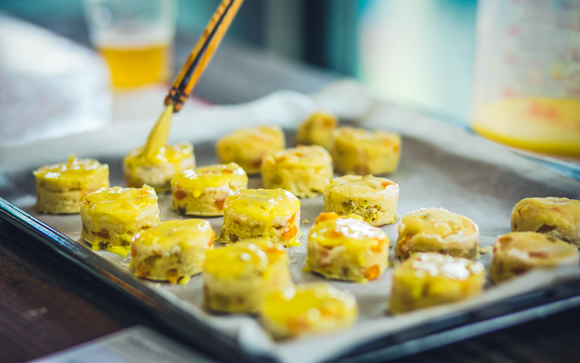
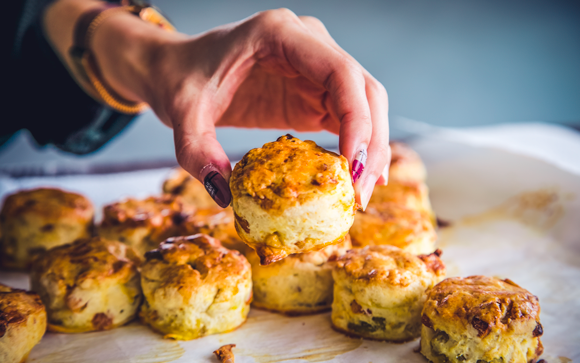
The farm was started as a rice operation 20 years ago, with pomelos also grown, but today the focus is mostly on wheat, four varieties of rice, two different kinds of beans, and a small fertilizer factory catering to local farmers looking to further enrich the already fertile soil. The factory and the fields can be toured; the wheat fields are a rare sight in subtropical Taiwan.

Dongfeng Leisure Agricultural Area (東豐拾穗農場)
Add: No. 71-3, Difen, Dongfeng Borough, Yuli Township, Hualien County
(花蓮縣玉里鎮東豐里棣芬71-3號)
Tel: (03) 888-0181
The East Rift Valley is well known for its fantastic cycling paths, one of the most popular being the Yufu Bikeway. Close to Yuli Railway Station are a number of bike-rental operations which rent bicycles for NT$100/4hrs, and e-bikes for NT$300 for the same amount of time. The roughly 10-kilometer stretch of paved pathway runs from Yuli Railway Station to the old railway station at the village of Dongli, following an abandoned railway line, winding among rice paddies, fields, and irrigation ponds.

About two kilometers into the ride the bikeway crosses the Xiuguluan River and the fault line dividing the Eurasian and Philippine Sea plates, traversing a railway bridge that had to be retired because of the slowly shifting land below, the work of primal tectonic forces churning many kilometers underground. Stop at the midpoint of the bridge and place your feet at a clearly marked spot that allows you to, approximately, stand with one foot on the first tectonic plate and the other on the second.

Riding along the bikeway is a great way to take in the land that is eastern Taiwan’s largest rice granary, much of the crop grown here bound for export to Japan. During the seasons of the year the views are markedly different, ranging from seas of golden rice ears to fields of bright-yellow rapeseed.

Along the pathway you will pass the platforms of two old railway stations, at Antong and Dongli, the latter marking the southern end of the bikeway. Adjacent to Dongli’s old platform, a very popular Instagram spot, is a small café where you can stop and relax, have a cup of coffee, and perhaps pick up a small locally-made souvenir before heading back to Yuli.

If you have worked up an appetite on your return to central Yuli, consider dining at the Yuli Noodles restaurant, a popular no-frills eatery serving generous portions of noodles, either dry or in soup, topped with slices of pork, celery, and bean sprouts.

Yuli Noodles (玉里麵)
Add: No. 94, Sec. 2, Zhongshan Rd., Yuli Township, Hualien County
(花蓮縣玉里鎮中山路二段94號)
Tel: (03) 888-1613

Also read:
The Treasures of SOUTHERN TAITUNG COUNTY





